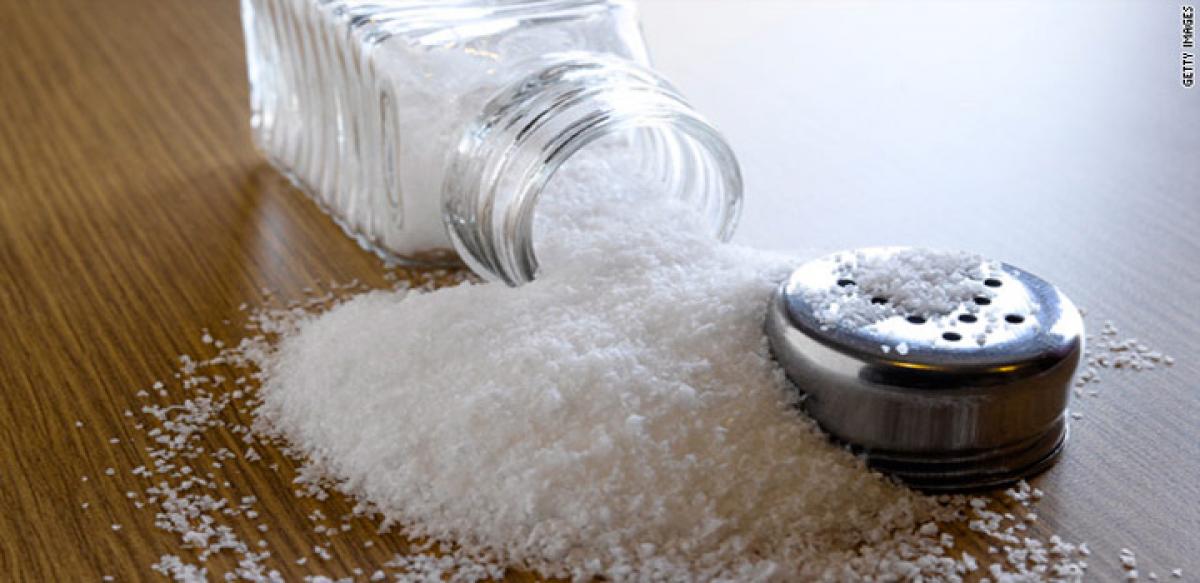Live
- KLH Aziznagar Campus Sets Benchmark with New Data Analytics Training Program
- Royaloak opens its new store in Srikakulam, expanding footprint with 172nd store in India
- UFlex Partners with IIP Delhi to Promote Recycling Awareness and Sustainable Innovations
- Shark Tank Judge Azhar Iqubal Launches Fenado AI for No-Code App and Website Building
- Redmi 14C 5G Series Goes On Sale In India Starting Today
- Pani releases on Sony LIV on 16th January; Joju George’s directorial debut explores loyalty, justice and truth
- Free Fire Max Redeem Codes for January 10: Get Exclusive Rewards
- Smell fresh with these top perfume picks for 2025!
- AP CM Chandrababu inaugurates NAREDCO property show
- Thoughtful and Unique Lohri Gifting Ideas to Spread Warmth and Cheer









